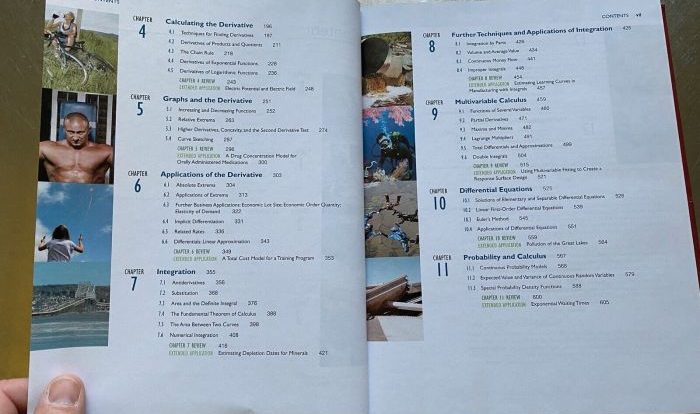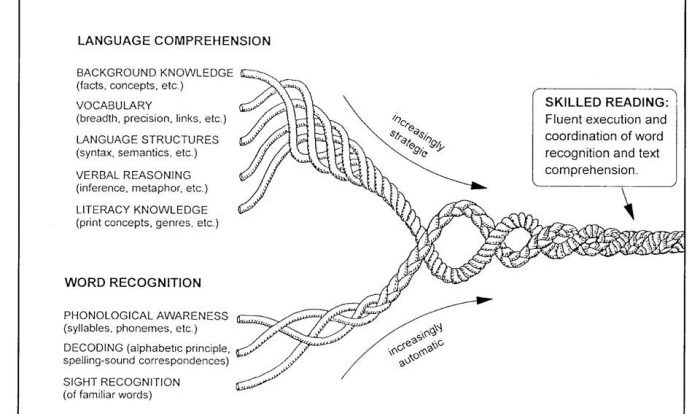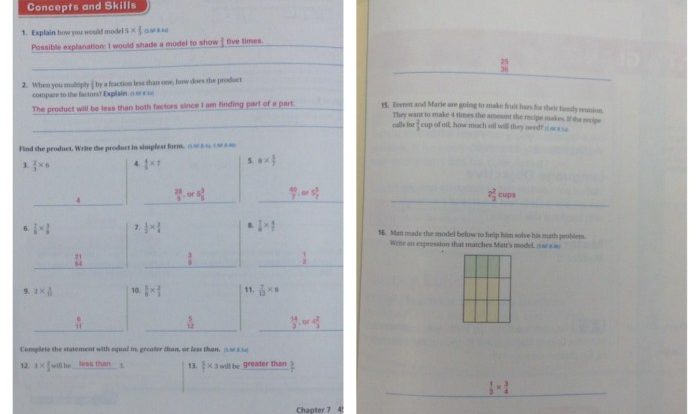The Extra Credit GenEd Assessment Test offers a unique opportunity for students to enhance their academic performance and deepen their understanding of general education subjects. Designed to assess students’ knowledge and skills, this test provides valuable insights into areas where students excel and areas where additional support may be beneficial.
This comprehensive assessment encompasses a wide range of subject areas, including mathematics, science, social studies, and language arts. By preparing for and taking the Extra Credit GenEd Assessment Test, students can not only earn extra credit but also gain a better grasp of the fundamental concepts and skills that are essential for academic success.
Extra Credit GenEd Assessment Test: Overview
The Extra Credit GenEd Assessment Test is designed to assess students’ knowledge and skills in a variety of general education subject areas. The test provides an opportunity for students to earn extra credit towards their final grades and to identify areas where they may need additional support.
The test typically includes questions from the following subject areas:
- English
- Mathematics
- Science
- Social Studies
The questions on the test are typically multiple-choice, but may also include short answer and essay questions. The test is timed, so it is important to prepare in advance.
Test Preparation Strategies
There are a number of effective study methods that can help you prepare for the Extra Credit GenEd Assessment Test. Some of the most effective strategies include:
- Start studying early.Don’t wait until the last minute to start studying. Give yourself plenty of time to review the material and practice answering questions.
- Create a study schedule.Set aside specific times each day to study for the test. This will help you stay on track and avoid cramming at the last minute.
- Use practice tests.There are a number of practice tests available online and in libraries. Taking practice tests can help you identify your strengths and weaknesses and focus your studies accordingly.
- Get a good night’s sleep before the test.This will help you stay alert and focused during the test.
Test Structure and Content
The Extra Credit GenEd Assessment Test is divided into four sections:
- English(25 questions, 60 minutes)
- Mathematics(25 questions, 60 minutes)
- Science(25 questions, 60 minutes)
- Social Studies(25 questions, 60 minutes)
The questions on the test are typically multiple-choice, but may also include short answer and essay questions.
Scoring and Interpretation, Extra credit gened assessment test
The Extra Credit GenEd Assessment Test is scored on a scale of 0-100. A score of 70 or higher is considered passing.
Your score on the test will be used to calculate your extra credit. The amount of extra credit you receive will vary depending on your institution’s policy.
Additional Resources
There are a number of resources available to help you prepare for the Extra Credit GenEd Assessment Test. Some of the most helpful resources include:
- The official website of the test
- Practice tests
- Study guides
- Tutors
FAQ Insights
What is the purpose of the Extra Credit GenEd Assessment Test?
The Extra Credit GenEd Assessment Test is designed to assess students’ knowledge and skills in general education subjects, providing them with an opportunity to earn extra credit and gain a deeper understanding of the material.
What types of questions are included on the test?
The test includes a variety of question types, such as multiple-choice, short answer, and essay questions, covering a wide range of subject areas, including mathematics, science, social studies, and language arts.
How can I prepare for the test?
Effective preparation strategies include reviewing course materials, practicing with sample questions, and seeking support from teachers or tutors.
How is the test scored?
The test is scored based on the number of correct answers, and the results are typically reported as a scaled score or grade.
How can I use the test results?
The test results can be used to identify areas of strength and weakness, set academic goals, and make informed decisions about future coursework or educational pathways.


